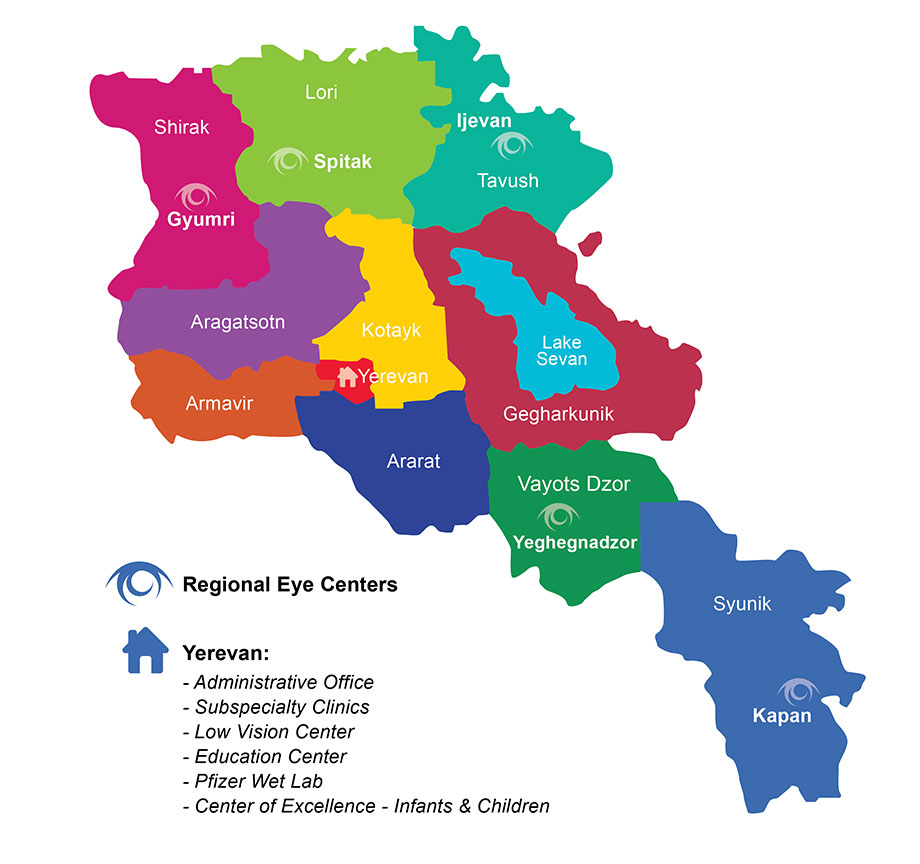Actuarial
In gift planning actuarial refers to the metrics used to calculate the value of lifetime payments to individuals.
Administrator
An individual appointed by the court to manage an estate when the person dies without leaving a will. Administrators have the same duties as the executors of wills.
Annuity
An amount of money payable annually or at other regular intervals.
Appraisal
An assessment of the value of a piece of property. Donors contributing real or tangible personal property (art, books, collectibles, etc.) to a nonprofit must secure an independent appraisal of the property to verify the value they claim as a charitable deduction.
Appreciated Property
Securities, real estate, or any other property that has increased in value since the individual acquired it. Generally, appreciated property held by a donor for a year or more may be donated at full fair market value with no capital gains cost.
Beneficiary
The individual designated to receive a bequest, benefits or funds from a will or other legal contract, such as an insurance policy, trust or retirement plan.
Bequest
A gift of property, cash or other assets to an individual or an organization designated in a will.
Capital Gains Tax
A federal tax on the appreciation of an asset between the purchase price and the sale price.
Charitable Gift Annuity
An agreement in which you transfer cash or other assets to a charitable organization in exchange for the organization’s promise to pay you a specified dollar amount or an annuity for life.
Charitable Trust
A trust having a charitable organization as a beneficiary.
Codicil
A legal document that changes or revokes all or a portion of a will.
Corporate Fiduciary
An institution that acts for the benefit of another. For example, a bank acting as trustee.
Cost Basis
The original value of an asset, such as stock, before its appreciation or depreciation, possibly adjusted to reflect additional costs or depreciation.
Durable Power of Attorney
A written legal document that lets an individual designate another individual to act on her behalf, even in the event the person becomes disabled or incapacitated.
Estate
All of the real or personal property in which a person has a right or interest.
Estate Tax
A tax imposed upon an individual’s death on the transfer of most types of property. Currently federal estate taxes are assessed in 2014 on estates worth more than $5.34 million. The maximum estate tax rate is 40 percent.
Executor (or Personal Representative)
The person named in a will to administer an estate. This person will collect the property, pay any debt and distribute the property or assets according to the will.
Fair Market Value
The price that an asset would bring on the open market.
Fiduciary
A person or institution legally responsible for the management, investment and distribution of funds. Examples include trustees, executors and administrators.
Gift Tax
Taxes on gifts are generally paid by the individual making the gift, rather than the individual receiving the gift.
Gift-Tax Annual Exclusion
Tax law exempts the first $14,000 an individual gives to each recipient during a year from federal gift taxes.
Grantor
The individual transferring property into a trust for the benefit of herself or others.
Gross Estate
The total property or assets held by an individual for federal estate tax purposes.
Guardian
An individual legally appointed to manage the rights and property of a person incapable of taking care of her own affairs.
Income Interest
In a trust, the right to receive payments from the trust for lifetime or a term of years.
Inter vivos Trust
A type of trust created during one's lifetime to hold property for the benefit of herself or others.
Interest
Any right or ownership in property.
Intestate
The term applied when an individual dies without a will. When a person dies without a valid will, state laws will determine how the individual’s estate will be divided by any heirs. If there are no heirs, then the state absorbs any remaining probate assets.
Irrevocable Gift
A gift that cannot be annulled, undone, or changed.
Joint Ownership
The ownership of property by two or more people, usually with the right of survivorship.
Life Income Gift
A planned gift that makes payments to the benefactor and/or other beneficiaries for life or a term of years, then distributes the remainder to the charity.
Life Insurance Trust
A trust that has an individual's life insurance policy as its principal asset.
Living Trust (Revocable)
A revocable trust established by a grantor during her lifetime in which the grantor transfers some or all of her property into a trust.
Living Will
A legal document directing how the signer's life is to be supported in the event of an accident or terminal illness.
Marital Deduction
A deduction allowing for the unlimited transfer of any or all property from one spouse to the other (as defined by the IRS) generally free of estate and gift tax.
Planned Giving
Structuring a charitable gift to maximize personal, financial, and tax benefits for the donor and a meaningful gift to charity at the same time.
Power of Attorney
A legal document that appoints an individual as an “Attorney-in-Fact” to take charge of the financial and other affairs of another in the event of incompetency or disability.
Powers of Appointment
A right given to another in a legal document, such as a will or trust, which allows the other to decide how to distribute the property. The power of appointment is "general" if it places no restrictions on whom the distributees may be. A power is "limited" or "special" if it limits who the eventual distributees can be.
Present Value
The value, in today’s dollars, of assets to be received at some future time.
Principal
The initial sum invested or the remainder of that sum after payments have been made.
Probate
The court process for determining the validity of a deceased person's will.
Qualified Appraisal
A written appraisal conducted by a knowledgeable professional to determine the fair market value of property (other than marketable securities) donated to a charity. If the donor wishes to use the value of the donated property for a charitable income tax deduction, the appraisal must be obtained by the donor and attached to his or her tax return if the property has a value of $5,000 or more.
Real Property
Immovable property, e.g., land, together with all the property on the land that cannot be moved, along with any attached rights, referred to as “real estate.”
Remainder Interest
In a trust, the portion of the principal left after the income interest has been paid to the beneficiary. A charitable remainder trust makes payments to the benefactor or other individuals and then passes its remainder to charity.
Retained Life Estate
The right to use property for life (usually a residence or a farm) after contributing the remainder interest to a charitable institution.
Retirement Accounts
Qualified plans like IRAs and 401(k) accounts that permit individuals to accumulate savings tax-free for retirement.
Special Needs Trust
A specific type of trust designed to provide benefits for physically or mentally disabled persons without jeopardizing such person's access to and qualification for certain governmental benefits.
Tangible Personal Property
Includes movable objects (e.g. china, jewelry, books, art, etc.) but does not include land, buildings, or other forms of real estate (real property), or stocks, bonds, copyrights, cash, or other "intangible" personal property.
Testamentary Trust
A trust that is created upon death by the terms of a person's will or living trust.
Testator
An individual who dies leaving a will or testament in force.
Trust
A written legal instrument created by a grantor for the benefit of herself (during lifetime) or others (during life or at death).
Trust Property
Property held in trust by one person (trustee) for the benefit of another (beneficiary).
Trust Term
The length of time during which a trust is in existence. It may be for a specified number of years or for the lifetime of one or more individuals.
Trustee
An individual or organization managing the property placed in the trust and carrying out the wishes of the person who established the trust, making payments to the beneficiaries and preserving the principal for ultimate distribution. A co-trustee serves as trustee with another. A contingent trustee becomes trustee upon the occurrence of a specified future event.
Unified Credit
A federal tax credit that offsets gift tax and estate tax liability. The amount of the credit for deaths occurring in 2014 is $2,081,800, which is equivalent to a basic exclusion amount of $5.34 million.
Variable Income
Payments received on a regular basis that are subject to change, not fixed.
Will
A document by which an individual directs how and to whom their property will be distributed after death — regulates the rights of others over her property.







